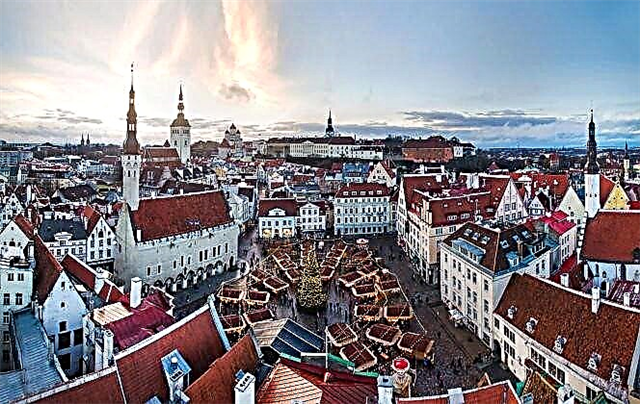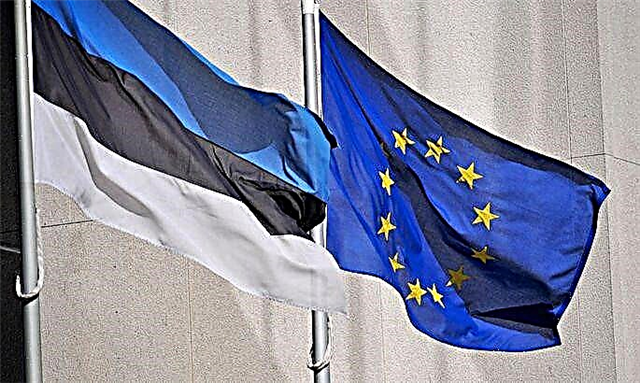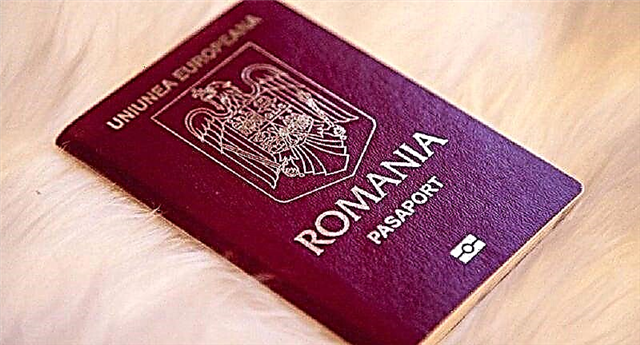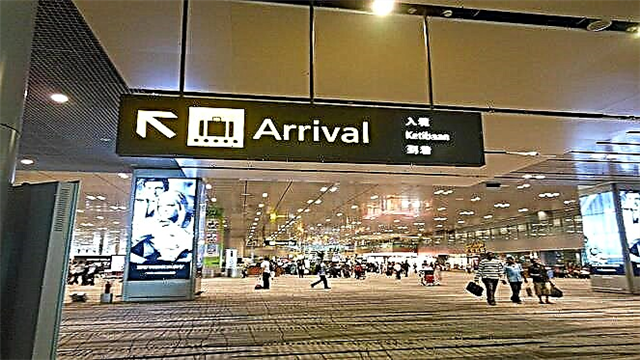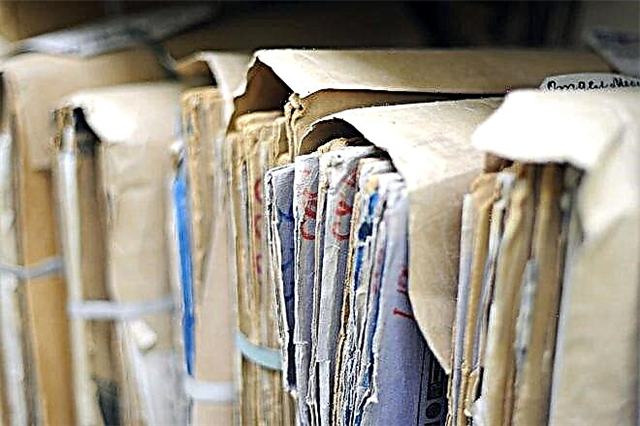Poland is one of the many countries that take great care of attracting compatriots who are close in mentality to the country. The country's leadership has launched a number of programs aimed at this. Moreover, to participate in any of them, you must be of Polish origin, which must be proved by the participant himself. Why and how to look for their roots in Polish archives is a hot topic for ethnic Poles living in different parts of Europe today.

Why look for Polish roots
Attracting compatriots to the country is one of the main directions of the modern demographic policy of Poland. Labor migrants play an important role in the economic growth of the Republic of Poland (RP), and therefore the country is interested in having as many ethnic Poles among them as possible. One of the most popular programs in the post-Soviet space aimed at attracting them is the Pole's Card - a document confirming belonging to the Polish nation.
In accordance with paragraph 3 of Art. 2 Ustawa o karcie polaka, in order to receive a card, you must prove your Polish origin: your own or your direct relatives - father or mother, grandfathers and grandmothers, great-grandfather and great-grandmother.
It is necessary to prove it by documentary evidence - by presenting the consul or voivode who is interviewing for the Pole's Card, the relevant justifications obtained in government agencies, Polish and other archives, churches and other organizations. But at the same time, it will not be enough just to confirm the Polish roots of the ancestors - at the interview it is necessary to demonstrate knowledge of the language, history, culture and traditions of the Polish state.
What can confirm Polish roots
Ustawa o karcie polaka (Pole Card Law) does not provide for a specific list of documents that will be accepted as valid evidence. The legislator proceeds from the fact that these can be any documents in which the Polish origin of the candidate or his straight line ancestors is clearly indicated. Please note that these can only be documents confirming Polish nationality: from the end of 2021, Polish citizenship, which the applicant's ancestors previously possessed, is not a basis for recognizing such an applicant as a Pole. Therefore, one should not confuse nationality and citizenship, the document must clearly indicate: nationality - Pole / Polish.
At the same time, there are provisions of the Ustawa o repatriacji (Law on Repatriation), which the legislator also allows to be guided by when confirming Polish origin. Article 6 of this Law states that evidence of Polish nationality can be documents issued by Polish state bodies and church authorities, as well as any documents issued by state bodies of countries of the former Soviet republics, namely:
- identity documents (for example, passports, including diplomatic ones, documents of stateless persons and others with an indication of nationality);
- certificates of civil status (for example, birth, marriage, death, name change or other civil status certificates);
- baptismal certificates, if they indicate nationality;
- documents on army service, if they indicate Polish nationality (military cards, certificates);
- documents of deportation, conviction, imprisonment, if they contain a record of nationality (decisions, court sentences);
- documents on persecution related to Polish nationality, on the rehabilitation of a Pole;
- any other certificates and documents, if they indicate Polish origin.
Considering the above, any documents with an indication of nationality can serve as proof of Polish roots, if they have official signs: they have a standard form, an indication of the details of the publisher, a signature, a seal, and the like. Undoubtedly, the employees of the consulate will verify their authenticity, and if they find signs of a fictitious document, this will become the basis for refusing the Pole's Card.
How and where to find documents on Polish roots
Obviously, the search for the necessary evidence should start with the home archive: any of them may end up in a folder with old documents, which is in every family and gathers dust in a distant drawer. We also recommend interviewing relatives who might have had old papers, even an old Polish birth certificate issued in the early 1920s will do.
If it was not possible to find such documents, or if the documents of Polish relatives indicate, for example, a different nationality (perhaps even that), do not despair. It is important to continue searching, especially since today there are a lot of tools for this.
To obtain objective and reliable information, the applicant needs to know:
- the full name of the relative, including at the time of his birth;
- date and place of his birth;
- places and periods of residence in Poland, especially if there were several of them.
Whoever said anything, but without specifying these data, hopes for a positive search result are very vague. To get started, we recommend starting your search from unofficial sources of information.
 For example, the electronic database szukajwarchiwach.pl. This consolidated database contains information on all archival documents available in repositories in Poland. Many of them are even presented as digital copies. In any case, the database gives an idea of their presence and location, and also allows you to search for relatives in Poland by first and last name.
For example, the electronic database szukajwarchiwach.pl. This consolidated database contains information on all archival documents available in repositories in Poland. Many of them are even presented as digital copies. In any case, the database gives an idea of their presence and location, and also allows you to search for relatives in Poland by first and last name.
The database "Praded", controlled by the Supreme Department of State Archives of the Republic of Poland, has similar functions. It allows you to find for free not only acts of civil status, but also church documents. However, to work with it, you need to know what exactly to look for: the search is carried out by territories, old names of provinces, rituals, categories of documents to be searched for, and so on.
If we are talking about a relative who lived in the former Polish territories, which today are part of modern Western Ukraine, information about him is also worth looking for in the digitized parish registers AGAD - Warsaw Central Archive of Historical Records. This is the oldest Polish archive, and on the organization's website you can also find other information on the search for Polish ancestors.
For Belarusians, if the ancestor lived in the territory that was previously part of Poland, the service "Archives of Belarus" will be useful.
However, the use of electronic sources only helps to narrow down searches. Even having found the necessary document or data about a relative in them, it will still not work to avoid an official appeal to the competent authority.
If there is information about the place of storage of the document, all that is needed is to write a request to this body.
If it was not possible to find documents on electronic services, it is necessary to search for a person based on the available information about his place of birth and place of residence. You should contact:
- To the Polish registry office (USC) at the known place of residence of a relative. In them you can find documents on acts of civil status - birth certificates, death certificates, marriage certificates, and so on. in accordance with Art. 28 Ustawa prawo o aktach stanu cywilnego (Civil Status Act), birth certificates are stored in them for 100 years, marriage and death certificates for 80 years. Thus, in 2021, in Polish registry offices, you can find documents issued no earlier than in 1918 and 1938, respectively. The list and contacts of Polish registry offices can be found here.
- To the Polish archive. After the expiration of the storage period of documents, they move from the registry offices to the state archives.They are organized according to the territorial principle, so it is also worth contacting the archive located in the known settlement of the relative's residence. A list of state archives with all the necessary information about them will help you find the archiwa.gov.pl resource.
How to make a request
It is important to make a correct request to the archive about the presence of Polish roots for the Card of the Pole. A request to the registry office and archive must be written exclusively in Polish. In this case, it is necessary to submit it to the registry office in person or through a representative hired in Poland. It is easier with archives - many of them allow a request to be sent remotely, but this information must be specified in each institution separately.
A request form to the registry office for the issuance of a copy of the birth certificate is submitted after the applicant finds out whether the necessary documents are actually stored in this registry office.

In the request to the archive, it is necessary to set out the maximum available information about the relative. The minimum details are given name and surname, date and place of birth. If you have additional information, be sure to include it.
Is it possible to prove Polish roots without documents
There is an opinion that if it was not possible to find documents confirming Polish roots, then they can be proved through the court, operating with circumstantial evidence of origin. But it is difficult to imagine which documents can be circumstantial evidence and how exactly the Polish court will evaluate such evidence.
Of course, an appeal against the decision to refuse to issue a Pole Card due to non-recognition of Polish origin can be a subject for appeal to the court. However, in the absence of documents that unequivocally indicate the presence of Polish roots, the prospects are very dim.
Conclusion
If you intend to find proof of your Polish nationality, long and painstaking work awaits you. The availability of information about relatives will somewhat simplify the situation: the date and place of birth of a Polish relative will lead you to the necessary state bodies or archives.



